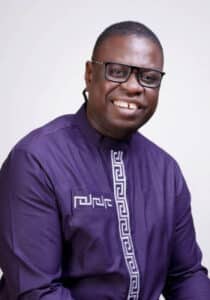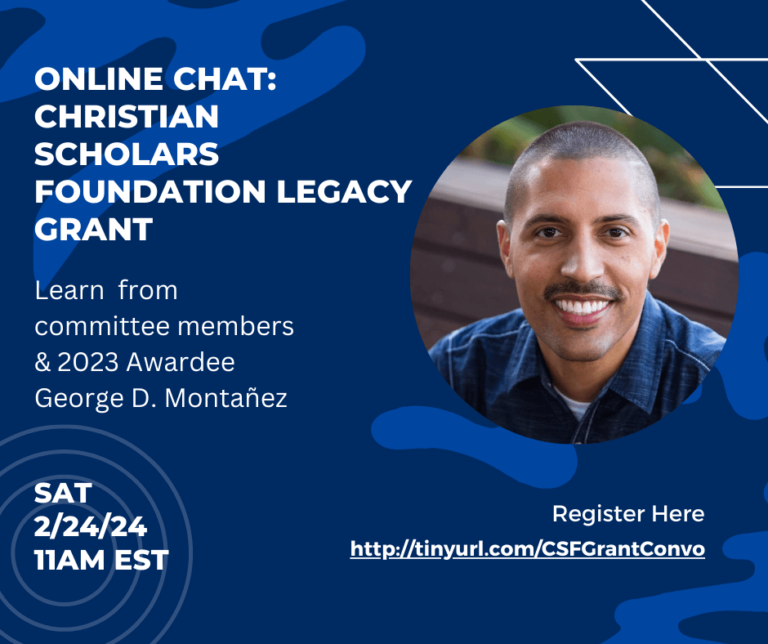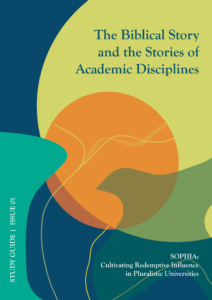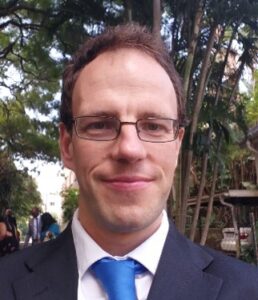The Cost of Christian Scholarship: Dietrich Bonhoeffer
When the list of the heroes of the twentieth-century church is compiled, Dietrich Bonhoeffer will surely stand out. His earthly sojourn was brief, but his life and thought, along with the questions he raised, will continue to gnaw deeply at the conscience of the Church.
Born on 4 February 1906, Bonhoeffer died at age 39 in the hands of the Nazis on 9 April 1945, only a month before Nazi Germany’s surrender. His story is a reminder that there are times of ease and times when the believer must face the wilderness.
Bonhoeffer was a brilliant scholar and a man of deep spirituality. His career was promising until 30 January 1933, when the Nazis rose to power. The nationalism they brandished carried the hallmarks of idolatry. Bonhoeffer therefore delivered an address warning Germany of the danger of the rising cult of the Führer (leader). In doing so, he put his life at great risk.
What is the role of a Christian scholar in the face of an idolatrous government? While Bonhoeffer stood out as the voice of truth, the world witnessed the complete failure of the German Protestant church. Bonhoeffer travelled briefly to the United States but chose to return to Germany to suffer along with the Church, arguing that Christians should not retreat from the world but act within it. He saw these events as an opportunity of renewal for Christianity. During this time, he wrote The Cost of Discipleship.
When the day came for Bonhoeffer to be with his Lord, he was led naked into the execution yard to be hanged. Someone wrote: “I saw Pastor Bonhoeffer … kneeling on the floor praying fervently to God. In the almost fifty years that I worked as a doctor; I have hardly ever seen a man die so entirely submissive to the will of God.”
As we reflect on the life of Bonhoeffer, let us be thankful for the peace we enjoy and pray for our colleagues who live under severe restrictions. For every Christian, the wilderness will surely come. We must continue to watch and pray because we never know when the Holy Spirit will make tough demands on us. Let us consider this question deeply: does every Christian need a philosophy of sacrifice and martyrdom? For Paul, and equally for Bonhoeffer, “To live is Christ and to die is gain!”
By Prof. Osam Edim Temple

We are looking for more Addenda Contributions!
As we mentioned last month, we are continuing to gather articles related to the integration of faith with scholarship.
This month, I would like to invite you to join us in publishing articles related to growing spiritually. How do you prioritize spiritual growth in your academic position? How does growing spiritually affect your scholarship? What would you encourage a younger Christian scholar to do in order to prioritize growing spiritually?
To contribute, please email me at jfoster@SocietyofChristianScholars.org. I look forward to serving you this year!
Jeff Foster
Society Acquisitions Editor
2024 Christian Scholars Foundation Legacy Grant
Note: For this grant, scholars of any nationality who live and work in the US or Canada are eligible.
Global Scholars, one of the principal partners of the Society of Christian Scholars, will again award one Christian Scholars Foundation Legacy Grant in 2024. The grant will be awarded to a junior faculty member in the U.S. or Canada. The purpose of this grant is to advance Christian scholarship, encourage Christian scholars who are seeking to integrate Christian faith with their academic endeavors, and nurture Christian faculty as they strive for wider recognition in and beyond the academy.
Applicants are required to be members of the Society of Christian Scholars and the Emerging Scholars Network. The 2024 Christian Scholars Foundation Legacy Grant will be $11,000. More details and the grant application are available at the Society of Christian Scholars member site.
Questions concerning the grant may be sent to Dr. Hannah Eagleson, Christian Scholars Foundation Legacy Grant Director, here. You may read testimonials from past recipients here and interviews with several recent recipients on the Emerging Scholars Network Blog: Carrie Bredow (2016), Jill Ellenbarger (2017), Eleanor McGlinchey (2017), Jennifer Hawk (2018), and Derek Thompson (2019).
The application period closes on 20 April 2024.

Join us on 2/24: Online Chat about Christian Scholars Foundation Legacy Grant
Are you interested in applying for the 2024 Christian Scholars Foundation Legacy Grant? Or do you know someone who might be a good candidate? Join us on Saturday, 24 February, at 11:00 am Eastern Standard Time (United States)! Hear from 2023 Awardee Dr. George Montañez and chat with members of the 2024 Grant Committee.
We have made some changes to the application for clarity and timeline purposes. They are very much in the spirit of the grant’s tradition of flexible support for the research of early-career Christian scholars, and we believe they will also simplify the application process somewhat and make the timeline more manageable. Join us to hear about the updates and share your questions. Dr. Hannah Eagleson, Grant Director, will facilitate the conversation, and Bob Trube, committee member will host.
This event is cosponsored by InterVarsity’s Emerging Scholars Network and Global Scholars.
Upcoming Webinars
Be sure to check the Webinars Page for third-party webinars that are often added on short notice and for updated presenters and topics that may be helpful in equipping you to bring the gospel to bear in your university context.

Panel Discussion of ‘The Biblical Story and the Story of Academic Disciplines’ – Thursday, 15 February 2024 at 1400 UTC
Everyone loves a good story. It’s how we connect with one another and the world around us. When told well, stories can invoke laughter, tears, anger, empathy, sorrow, joy – the whole range of human emotion. They are part of the existential fabric of human existence. What are we to make, though, of the story Christians tell through the Scriptures, church practices, and traditions? And how might we relate the Christian story to the stories that our academic disciplines tell?
On Thursday, 15 February 2024 at 1400 UTC, a panel of scholars from different regions and disciplines will engage with the first issue of the Society’s SOPHIA study guide series, titled ‘The Biblical Story and the Stories of Academic Disciplines’. The main presentation will be by one of the authors, Dr Rolex Cailing, a biblical scholar from the Philippines.
In preparation for this panel discussion, take some time to read the study guide posted in the Curricula section of the Society’s website. It has been translated into French, Spanish, and both traditional and simplified Chinese. This study guide is also available to non-members, so register today and feel free to invite your colleagues for what will be a robust discussion of the topic.

Political Constellations: How Jesus’ Example Can Help Us Create Productive Conversations in a Polarized World by Ian Siebörger – Thursday, 21 March 2024 at 1400 UTC
Worldwide, polarization is increasingly eroding people’s ability to have rational and civil conversations with each other. Nowhere is this clearer than in the political realm, where opposing camps spend much of their time talking past each other rather than with each other.
On Thursday, 21 March 2024 at 1400 UTC, Dr Ian Siebörger, Senior Lecturer in Linguistics and Applied Language Studies at Rhodes University in Makhanda, South Africa, will present constellation analysis as a set of tools for analysing others’ positions and enabling clear discussion of divisive topics. Constellation analysis is part of Legitimation Code Theory, a sociological theory of knowledge that builds on the work of Bernstein and Bourdieu. Ian will show how Jesus had a unique ability to discern and rearrange the prevailing constellations of his time and how we can follow his lead in working toward solutions to the political dilemmas facing our societies.
If you would like to read up on constellation analysis before the webinar, we recommend Ian’s article with Ralph Adendorff, ‘We’re talking about semantics here: axiological condensation in the South African parliament‘.
With the intensity of political discourse rising in a number of countries worldwide, do not miss this opportunity to learn how to work toward more peaceful solutions by better understanding one another.
Disclaimer: The views and opinions expressed in the Addenda are those of the authors and do not necessarily reflect the views or positions of the Society of Christian Scholars.

